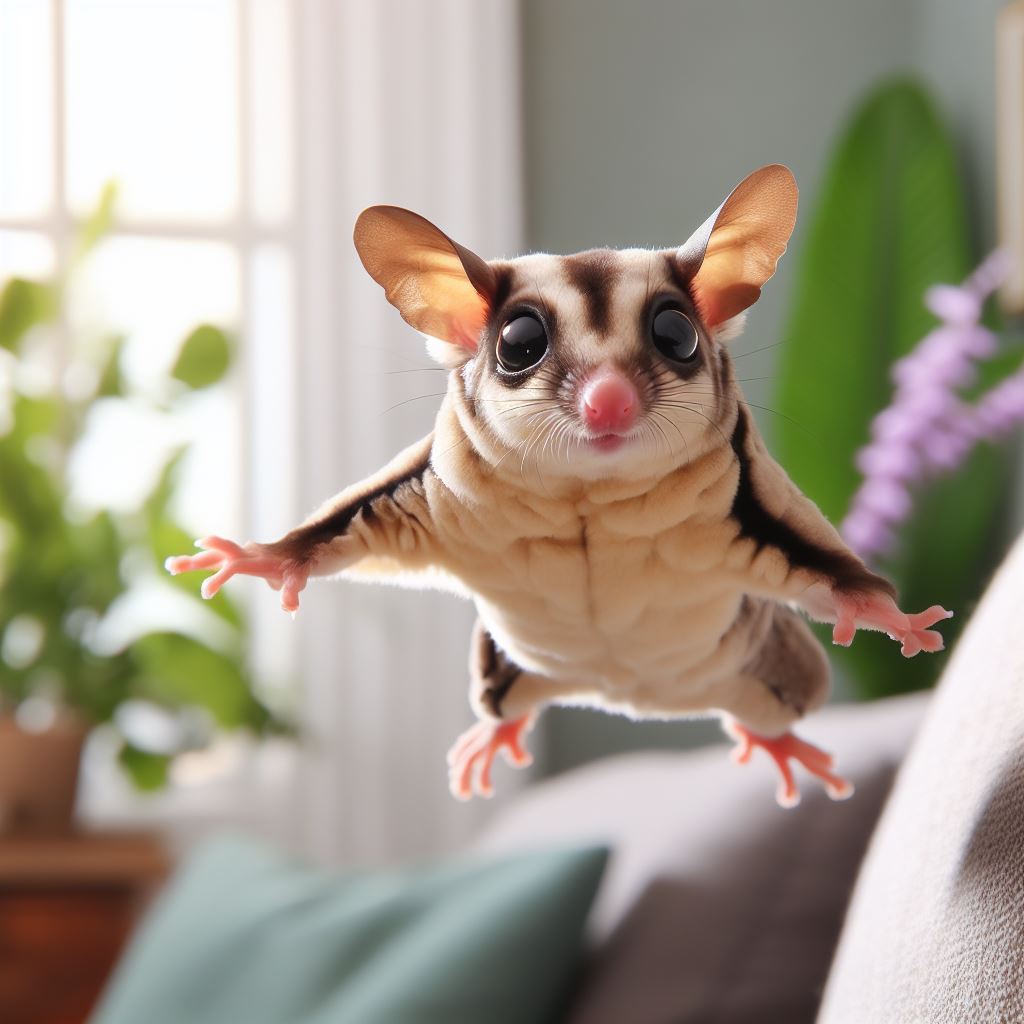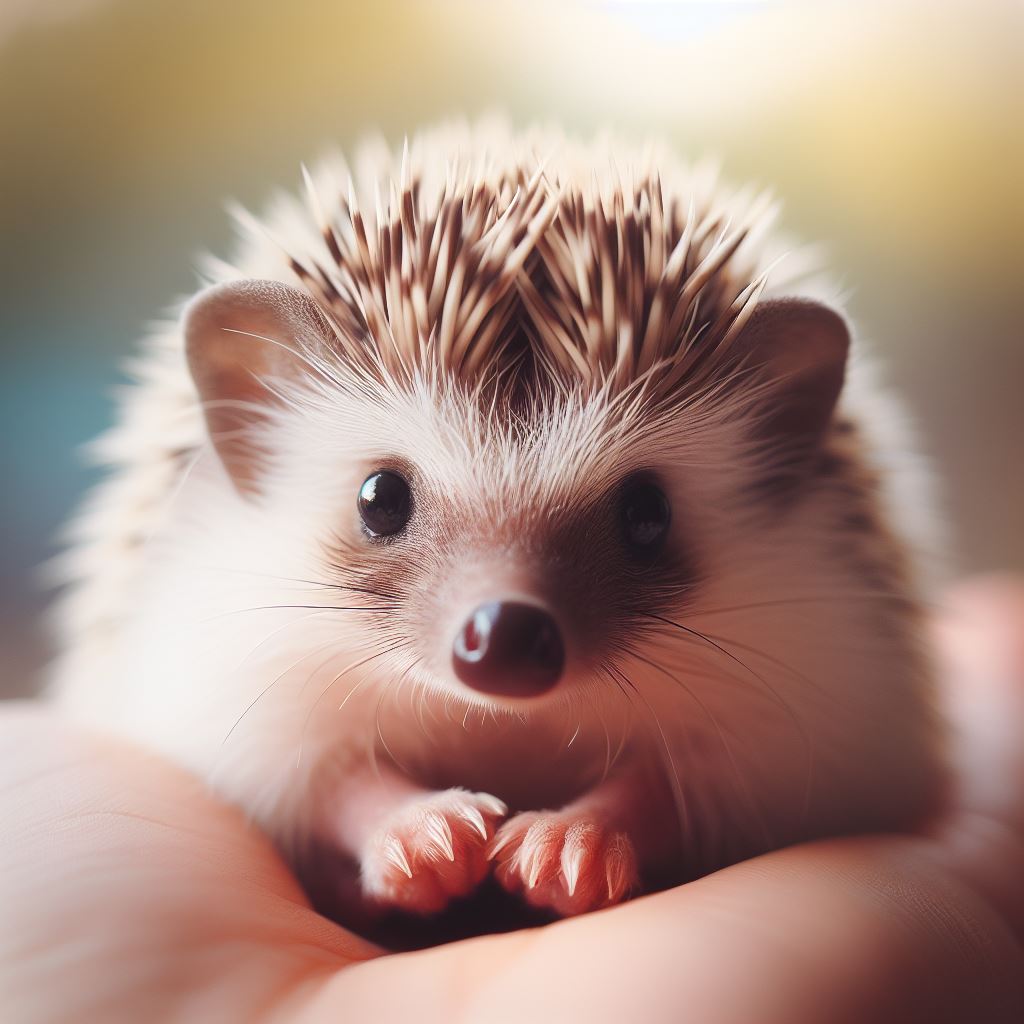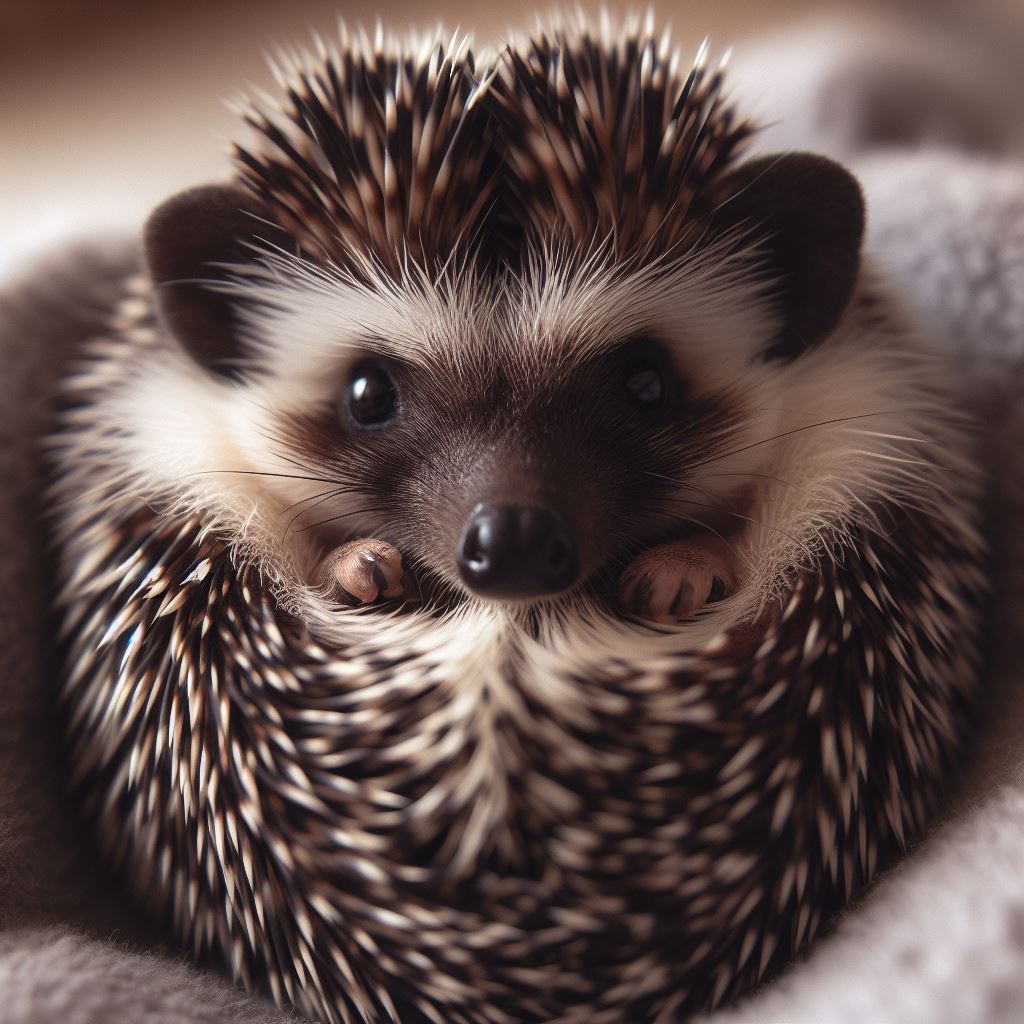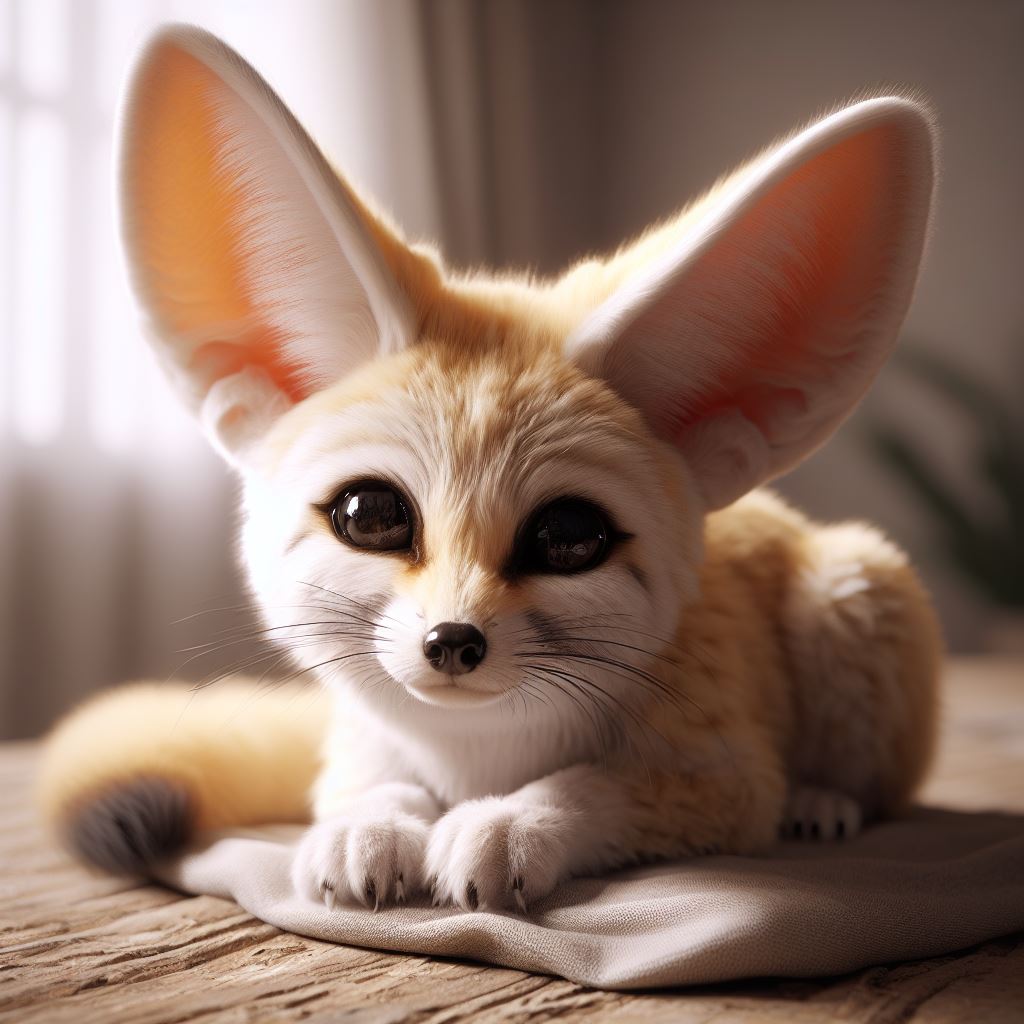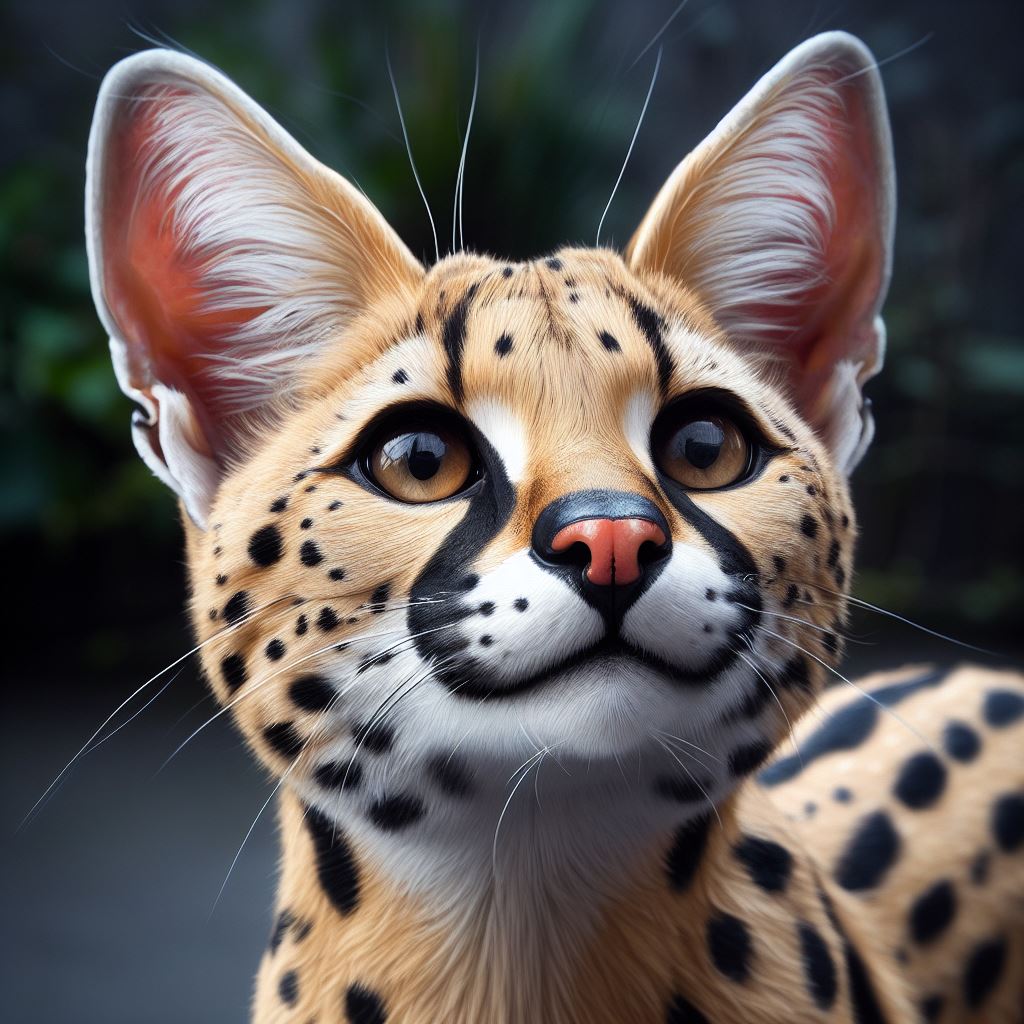In the intriguing world of exotic pets, the coatimundi stands as a charismatic and enigmatic choice for animal enthusiasts. This article delves into the captivating universe of coatimundi pets, exploring their unique characteristics and the allure they bring to pet ownership.
Introduction
Coatimundis, those lively creatures from the exotic wilderness, have become increasingly popular as pets. In this comprehensive guide, we’ll explore everything you need to know about caring for these charming exotic pets, from their behavior to health, habitat setup to socialization.
Overview of Coatimundis as Exotic Pets
Coatimundis, often known as coatis, are part of the raccoon family, and known for their curious and social nature. Originating from the forests of South America, they’ve found their way into households, captivating pet enthusiasts with their playful antics and inquisitive personalities.
Legal Considerations and Permits
Before welcoming a coatimundi into your home, it’s crucial to be aware of the legalities involved. Laws regarding exotic pet ownership vary, so it’s essential to research your local regulations and obtain the necessary permits. This ensures not only your pet’s well-being but also your legal compliance.
Understanding Coatimundi Behavior
Coatis are intelligent and highly social animals. They thrive on interaction and mental stimulation, making them engaging pets. Understanding their behavior, such as their love for climbing and exploring, is key to providing an environment where they can flourish.
Coatimundi Species and Varieties
Within the coatimundi family, there are various species, each with unique traits. Some are larger, while others boast distinctive colorations. Knowing the differences between these species aids in understanding their specific needs and behaviors, allowing you to tailor your care accordingly.
Habitat Setup
Suitable Enclosures: Cages vs. Outdoor Habitats
Choosing the right enclosure is pivotal to your coatimundi’s happiness. While indoor cages provide safety, outdoor habitats, when designed appropriately, offer space for natural behaviors like digging and foraging. Consider the space available and your pet’s comfort when deciding on the best setup.
Indoor Enclosure Requirements: Size, Ventilation, and Lighting
Indoor enclosures should be spacious, well-ventilated, and well-lit. Coatis need room to move, explore, and exercise. Natural light, coupled with proper ventilation, ensures a healthy living environment, preventing issues like respiratory problems.
Outdoor Enclosure Requirements: Natural Elements and Safety Measures
For outdoor habitats, incorporate natural elements like trees and shrubs. These mimic their wild environment and provide opportunities for climbing and exploring. Additionally, ensure the enclosure is secure, preventing escapes and protecting your pet from potential dangers.
Feeding and Diet
Natural Diet in the Wild: Understanding Coatimundi’s Food Habits
In the wild, coatis are omnivores, consuming a variety of fruits, insects, and small animals. Replicating this diverse diet in captivity is essential for their health. Fresh fruits, vegetables, high-quality commercial diets, and occasional protein sources like insects should be part of their daily intake.
Formulating a Balanced Diet in Captivity
Balancing their diet is crucial. Provide a mix of fruits and vegetables, ensuring they receive essential vitamins and minerals. Commercial diets specifically formulated for coatis can be a convenient option but always supplement with fresh foods to promote overall health.
Commercial Diets vs. Homemade Diets: Pros and Cons
Diets are convenient and nutritionally balanced, but incorporating homemade meals can offer variety and mimic their natural foraging behaviors. Strike a balance between both, ensuring your pet receives a diverse range of nutrients essential for their well-being.
Feeding Schedule and Portion Control
Establish a consistent feeding schedule, offering meals at the same times each day. Avoid overfeeding, as obesity can lead to various health issues. Portion control is vital; monitor their weight and adjust their diet accordingly to maintain a healthy physique.
Enrichment and Mental Stimulation
Importance of Enrichment Activities
Coatis are intelligent creatures that thrive on mental and physical stimulation. Enrichment activities, such as puzzle feeders, interactive toys, and hiding treats, engage their minds and prevent boredom, ensuring a happy and contented pet.
DIY Toys and Games for Mental Stimulation
Get creative with DIY toys. Hide treats in cardboard boxes, creating a treasure hunt. Puzzle feeders made from PVC pipes or plastic bottles can challenge their problem-solving skills. These homemade games provide hours of entertainment, stimulating their intellect and curiosity.
Socialization with Other Coatimundis or Pets
Coatis are social animals; however, introducing them to other pets should be done cautiously. Supervised interactions with other coatis or compatible animals can enrich their social lives. Always monitor their interactions, ensuring a positive environment without conflicts.
Grooming and Hygiene
Coatimundi’s Bathing Routine: Frequency and Products
Coatis are generally clean animals, but occasional baths help maintain their hygiene. Use mild, pet-friendly shampoos and ensure the water temperature is comfortable. Regular baths also provide an opportunity to check for any skin issues or parasites.
Nail Clipping and Dental Care
Regularly trim their nails to prevent overgrowth, which can be uncomfortable for them. Additionally, dental care is vital. Offer dental chews and toys to naturally wear down their teeth, reducing the risk of dental problems.
Monitoring and Preventing Parasites
Fleas, ticks, and internal parasites can affect coatimundis. Regularly check their fur and skin for signs of parasites, and consult with a veterinarian for preventive treatments. A parasite-free pet is a healthy pet.
Healthcare and Common Health Issues
Regular Veterinary Check-ups: Importance and Frequency
Routine vet check-ups are essential for detecting health issues early. Coatis should undergo a thorough examination at least once a year. Regular visits ensure vaccinations are up-to-date and provide an opportunity to discuss any concerns with a professional.
Vaccinations and Preventive Medications
Keep vaccinations current to protect your pet from common diseases. Preventive medications, especially for parasites, should be administered as recommended by your vet. These measures safeguard their well-being and promote a long, healthy life.
Common Health Issues: Symptoms, Prevention, and Treatment
Be vigilant for signs of illness such as changes in appetite, behavior, or appearance. Common issues include respiratory infections and dental problems. Prevention, prompt veterinary care, and a well-balanced diet are key to managing and preventing these health concerns.
Training and Behavioral Guidelines
Positive Reinforcement Training Techniques
Coatis respond well to positive reinforcement. Use rewards, like favorite treats or praise, to encourage good behavior. Patience and consistency are key; repetition of commands coupled with positive reinforcement helps them learn and obey commands effectively.
Common Behavioral Issues and Solutions
Behavioral issues like aggression or destructiveness can arise, often due to stress or lack of stimulation. Address these concerns with patience. Identify stressors, provide ample stimulation, and consult with an animal behaviorist if needed. Positive reinforcement training can effectively manage such issues.
Understanding Aggression and Fear in Coatimundis
Aggression and fear are natural responses to perceived threats. Understanding the triggers and providing a secure environment can minimize these behaviors. Socialization, positive interactions, and a consistent routine foster a sense of security, reducing their tendency towards aggression or fear.
Handling and Socialization
Proper Handling Techniques: Minimizing Stress for the Coatimundi
Coatis may be initially wary of human contact. Use gentle, slow movements and allow them to approach you. Avoid sudden gestures or loud noises, which can cause stress. Gradually build trust through positive interactions, establishing a bond built on patience and respect.
Socialization with Humans: Building Trust and Bonding
Building trust takes time. Spend quality time with your coatimundi, allowing them to explore your presence at their own pace. Offer treats, talk to them soothingly, and engage in play. Over time, they’ll associate your presence with positive experiences, strengthening the bond between you.
Breeding and Reproductive Care
Health and Genetic Aspects
Breeding coatimundis requires in-depth knowledge of their health and genetics. It’s crucial to ensure both parents are in optimal health and are free from genetic issues. Breeding should be responsibly managed, prioritizing the well-being of the parents and the offspring.
Pregnancy and Birth: Monitoring the Coatimundi’s Health
During pregnancy, monitor the mother closely. Provide a comfortable nesting area and a well-balanced diet to support her health and the health of the unborn coatis. Regular vet check-ups are essential during this period to address any complications promptly.
Caring for the Mother and Newborns
After birth, allow the mother to care for her young without interference. Provide a quiet, warm space, and ensure she has access to nutritious food and clean water. Minimal disturbance during this time promotes a stress-free environment, essential for the well-being of the mother and her newborns.
Conclusion
In conclusion, caring for a coatimundi demands dedication, patience, and a deep understanding of their unique needs. By providing a suitable environment, a balanced diet, regular veterinary care, and plenty of love and attention, you’ll not only have a contented pet but also a cherished member of your family. The joy of sharing your life with these fascinating creatures is immeasurable, making the efforts invested in their care truly rewarding.


